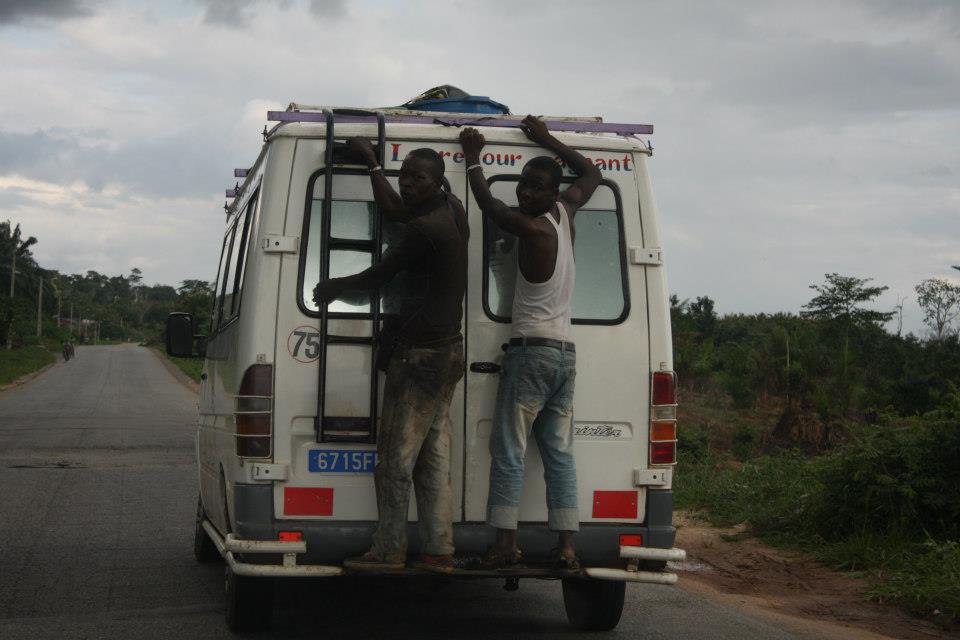How it all began
 I worked as an engineer in a telecommunications company that earned an outsourcing. That is, the company sent us to temporary projects around the world, where we set up equipment, expanded our infrastructure, analyzed quality parameters and consulted local mobile operators.
I worked as an engineer in a telecommunications company that earned an outsourcing. That is, the company sent us to temporary projects around the world, where we set up equipment, expanded our infrastructure, analyzed quality parameters and consulted local mobile operators.Everything changed after one of my business trips to Côte d'Ivoire: I received a huge roaming bill - almost $ 800 per week. It is important to understand that I did not use the Internet in roaming, because I had got used to buying local SIM-cards for cheap Internet, which I inserted into my second phone, when traveling. It turns out that I spent $ 800 on incoming phone calls. And all because I could not drop most of the incoming and call back via Skype, since these calls were from partners or customers. Agree, it is ridiculous in times of complete domination of mobile applications to pay such amounts for voice roaming.
After paying the bills, I decided that this should not happen again.

')
I am sure that many of those who read this blog did the same: Asterisk with a connected home number, which was redirected from a mobile phone while traveling, and connected to an asterisk via a VoIP application. Thus, I got the opportunity to receive incoming calls to my mobile number without overpaying for roaming. True, there was one inconvenience: for outgoing calls my home number was determined, not a mobile number. But this was offset by almost zero communication costs and the lack of the need to carry two telephones with them. In fact, it was my MVP, which was successfully tested during the next trip.
When I showed it to my friends, they immediately got in line: everyone wanted the same thing. Then I realized that this could be more than just a way to save on roaming.
Then there was StartupWeekend, in which we unexpectedly took second place. After that there was a difficult period of team formation and an even more complex Tolstoy Startup Camp, during which the vitality of the idea was questioned.
In addition to solving technical problems related to building a scalable infrastructure and working on the usability of the application, we had to prove to mentors that our product would be in demand.

Thanks to the techniques of LeanStartup and CustomerDevelopment, which, by the way, we were trained there, we were able to prove the value of our ideas and the interest of users.
I do not know where we would be now and if there were any, if it were not for Yandex Camp. There, in two months, we were taught everything: starting with how to make presentations and build user feedback, ending with such things as product metrics, marketing gadgets and growshack strategies. For me, as for a person who, until now, has practically nothing to do with the IT industry, this was the discovery of a parallel universe. I sincerely recommend applying when the next set is announced.
A little more than a year has passed since then. All this time we worked hard on the application, tested sales channels and different monetization models, communicated with investors and, of course, packaged. If you are interested in finding out how our project developed, subscribe to this blog.
We promise: it will be interesting)
www.avoapp.com
Source: https://habr.com/ru/post/290230/
All Articles